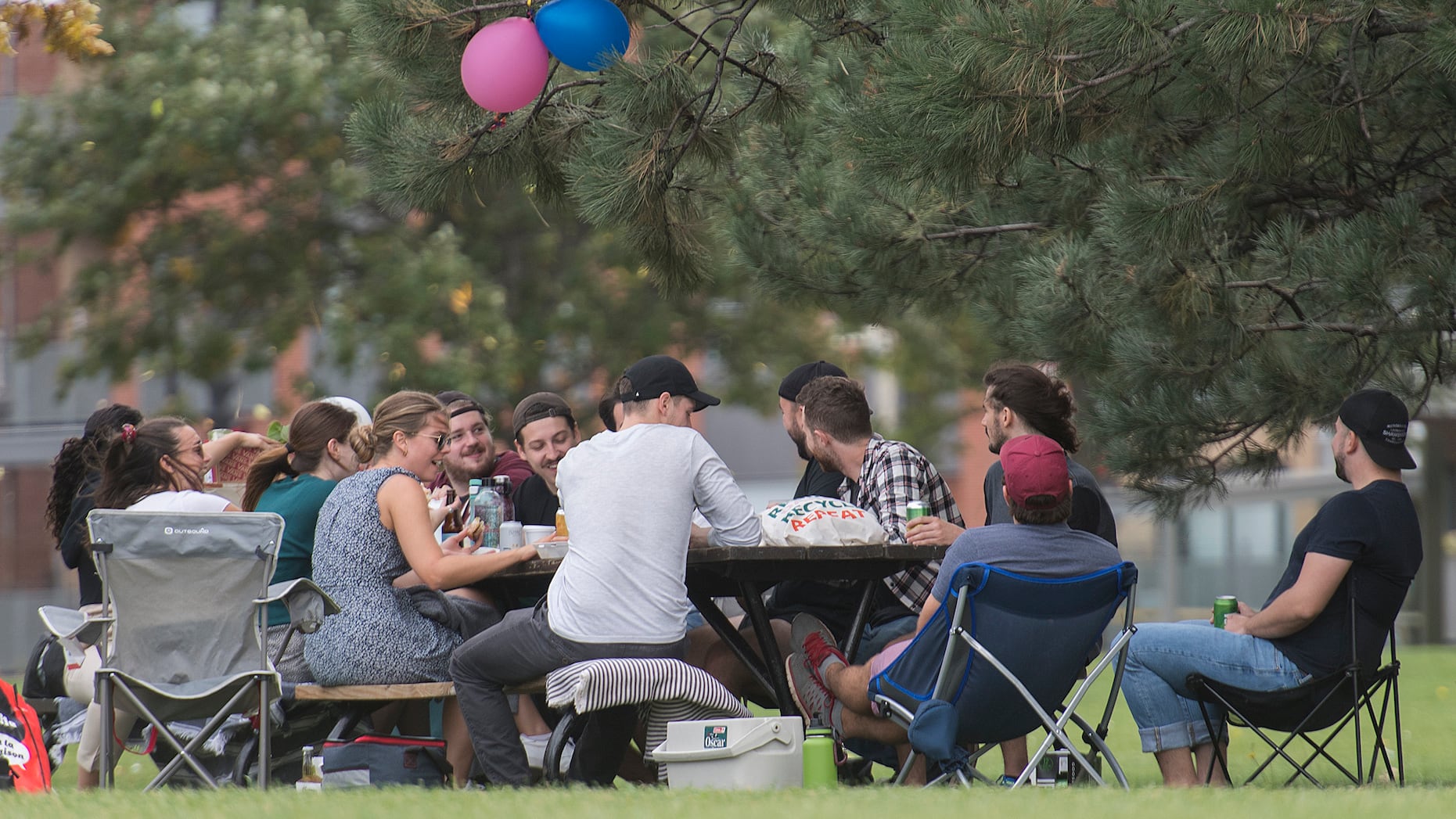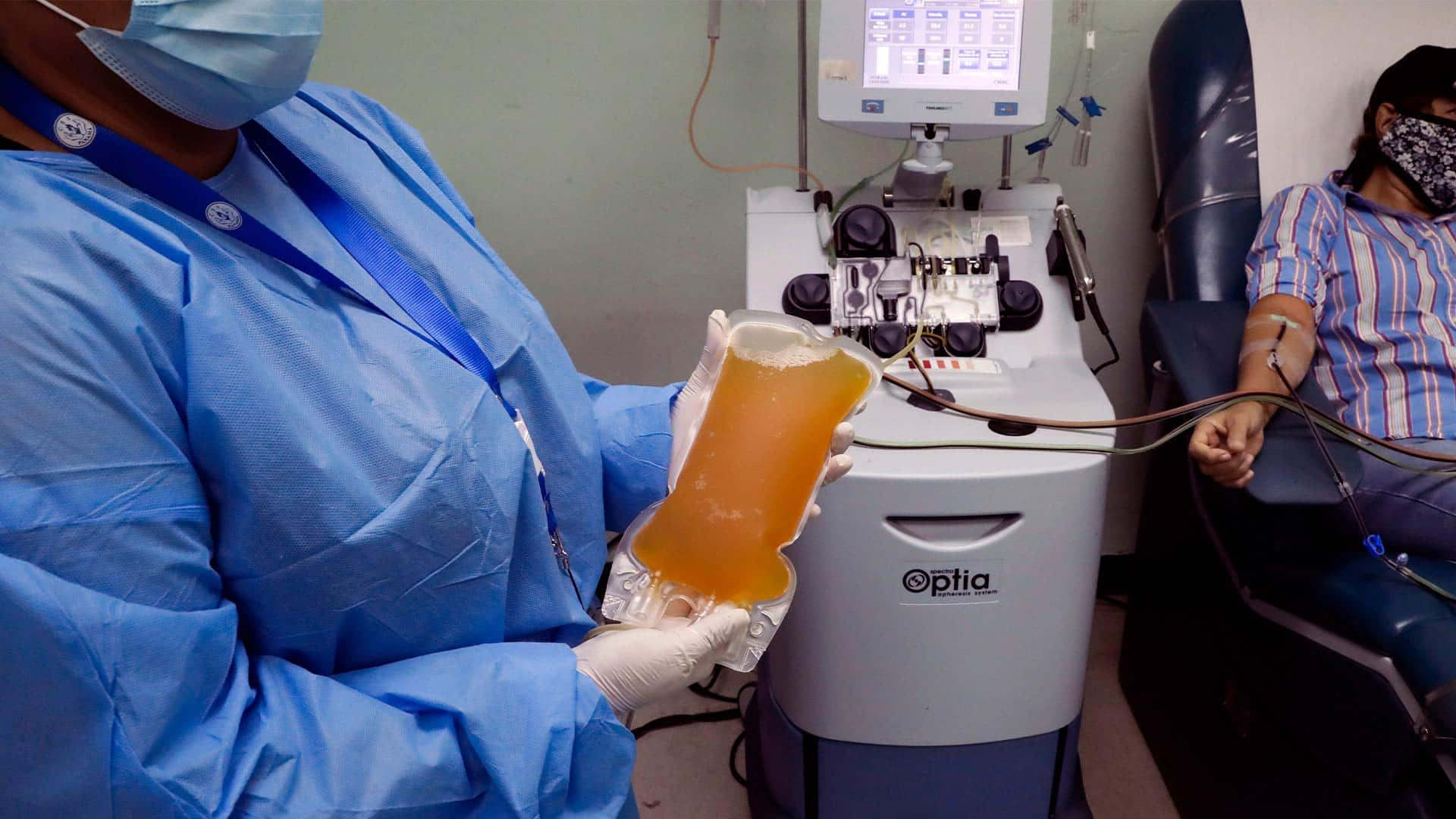Coronavirus: What’s happening in Canada and around the world on Saturday
The latest:
Cases of COVID-19 continue to surge in communities across Canada, with Ontario recording its biggest single-day increase on Saturday.
Ontario reported 978 more cases of COVID-19, with nearly 44,200 tests completed, two weeks after the Thanksgiving holiday weekend.
Saturday’s count of new cases surpassed the previous high of 939, reported on Oct. 9.
Locally, there are 348 new cases in Toronto, 170 in Peel Region, 141 in York Region, 89 in Ottawa and 51 in Durham Region.
Ontario reported 826 new cases of COVID-19 on Friday and nine new deaths linked to the virus.
Quebec on Saturday reported 1,009 new cases and 26 more deaths, after recording 905 new COVID-19 cases and 12 deaths the previous day.
As of Friday, there were 540 people in hospital, including 99 in intensive care. In its latest projections, the province’s national health institute said hospitals will not reach full capacity in the next four weeks due to the rate of transmission having stabilized in recent days.
WATCH | COVID-19 cases threaten to overwhelm Canadian hospitals, doctor says

CBC medical contributor Dr. Peter Lin stresses the need to make sure hospitals are equipped to deal with the resurgence in coronavirus cases. 8:42
Premier François Legault has said it’s likely the province will have to maintain many public health restrictions currently in place in red zones past Oct. 28, including keeping restaurants and bars closed.
Dr. Theresa Tam, Canada’s chief public health officer, on Friday said the number of people “experiencing severe illness” due to the pandemic continues to increase. She said authorities need the public’s help to rein in infection rates through such practices as limiting in-person contacts, wearing masks and physical distancing.
WATCH | Reduce gatherings even more, health experts urge:

British Columbia’s Provincial Health Officer Dr. Bonnie Henry expressed concerns around the spread of COVID-19 at social gatherings, something that infectious diseases specialist Dr. Sumon Chakrabarti says is being seen across the country. 1:54
“Over the past seven days, there was an average of just over 1,000 individuals with COVID-19 treated in Canadian hospitals, including over 200 in critical care,” Tam said.
Cases of COVID-19 continue to surge in communities across Canada, with Ontario and Quebec remaining the hardest-hit provinces; however, other provinces are seeing record increases.
Alberta reached the grim figure of 300 COVID-19 deaths on Friday while setting records yet again for new cases and active cases.
The province reported 432 new cases and 3,651 active cases, the third straight day records were set.
Fifty inmates and five staff members at the Calgary Correctional Centre have tested positive for the infection, according to a statement from Alberta Health Services.
All inmates and staff are being tested, and isolation and monitoring of the positive cases are underway. Contact tracing for anyone potentially exposed to these individuals is ongoing.
What’s happening elsewhere in Canada
As of 11:20 a.m. ET on Saturday, Canada had 212,749 confirmed or presumptive coronavirus cases. Provinces and territories listed 179,537 of those as recovered or resolved. A CBC News tally of deaths based on provincial reports, regional health information and CBC’s reporting rose to 9,920.
Prime Minister Justin Trudeau updated Canadians on vaccine development Friday — a day after Canada tallied a record high of new cases in a single day at 2,788 — saying the federal government is spending $214 million toward the development of COVID-19 vaccines, signing deals with two Canadian biotech firms.
Trudeau warned it’s unlikely that any of these candidates will be ready to distribute to Canadians this year or early next year. It’s reasonable to expect that vaccines will start to roll out at some point in 2021, he said, but even then, supply will be limited, and high-risk populations will be prioritized for inoculation.
Trudeau said his government signed a $173 million contract with Quebec’s Medicago to secure the rights to buy 76 million doses of its vaccine, should it meet health and safety standards. The funding will also be used to establish a production facility in Quebec City, he said.
Ottawa is also investing $18.2 million in a potential vaccine from British Columbia’s Precision NanoSystems. Meanwhile, the National Research Council is spending $23 million to support other Canadian vaccine initiatives, Trudeau said.
WATCH | Study casts doubt on use of convalescent plasma for COVID-19 treatment:

An Indian study is casting doubt on the effectiveness of giving patients sick with COVID-19 the blood plasma of others who have battled it, to transfer antibodies. But Canadian researchers say it could still work, if the antibody levels are tested. 3:27
The prime minister said Canada has signed six agreements with a number of companies taking part in the global race to produce a safe and effective vaccine for COVID-19 .
Two more American vaccine makers, Moderna and Pfizer, have asked Health Canada to review their products, which are undergoing clinical trials.
In British Columbia, health officials announced 223 new cases of COVID-19 on Friday. Seventy-five people are in hospital, with 24 in intensive care.
Yukon‘s chief medical officer of health, Dr. Brendan Hanley, has reported three new cases in Watson Lake, which he says are part of a “family cluster.” They hadn’t travelled outside Yukon, so it’s not known yet where they contracted the virus.
WATCH | Manitoba’s top doctor on the increasing community spread of COVID-19:

Dr. Brent Roussin, Manitoba’s chief public health officer, explains why increasing community spread of COVID-19 makes targeted approaches to control the illness less effective. 0:48
Manitoba reported a total of 163 new infections on Friday, most concentrated in Winnipeg. The province also said a man in his 80s is the latest death linked to an outbreak at Winnipeg’s personal care home Parkview Place, where 15 residents have died of the illness.
The province has announced new rules for northern Manitoba and schools in both the Winnipeg area and the north. Those measures will take effect on Monday.
Nova Scotia reported no new cases of COVID-19 on Friday, a day after the province warned residents against unnecessary travel to the Campbellton-Restigouche area of New Brunswick due to a COVID-19 outbreak.
The recommendation came after New Brunswick announced new restrictions for the Campbellton region, almost two weeks after it was pushed back to the orange phase of recovery. While Zone 5 will remain in the orange stage, people will be limited to interacting with a single household bubble, N.B. Chief Medical Officer of Health Dr. Jennifer Russell said.
New Brunswick announced two new COVID-19 cases on Saturday, in addition to two new cases on Friday. That brings the total number of cases the province has recorded to 326, with four deaths.
Newfoundland and Labrador announced no new cases of COVID-19 on Friday. The province has recorded a total of 288 cases and four deaths.
What’s happening around the world
According to Johns Hopkins University in Baltimore, the global total of confirmed coronavirus cases stands at more than 42.2 million. More than 1.1 million people have died, while more than 28.5 million have recovered.
More than 84,000 people were diagnosed with COVID-19 across the United States on Friday, according to a Reuters tally, a record one-day increase in infections during the pandemic as the virus surges again nationwide.
The spike of 84,218 cases — breaking the record of 77,299 set on July 16 — comes as University of Washington researchers forecast that the U.S. death toll from COVID-19 could reach a total of 500,000 by February.
About 8.4 million Americans have tested positive and nearly 224,000 have died from the illness.
WATCH | Remdesivir does little to help COVID-19 patients, WHO says:
The World Health Organization revealed on Friday that of the nearly 445,000 new cases of coronavirus reported worldwide in the past 24 hours, almost half were from European nations.
Coronavirus infections in the Czech Republic have hit a record high, soaring to more than 15,000 in one day for the first time.
The country’s Health Ministry says the day-to-day increase of confirmed cases in the hard-hit country reached 15,252 on Friday. The previous record of 14,968 was set on Wednesday.

The record surge has continued for last two months despite tight restrictions, including limits on movement, closing stores, schools and restaurants and banning sports competitions and gatherings of more than two people. Face masks are obligatory outdoors and in cars.
The number of COVID-19 patients in the hospital has surpassed 5,000 for the first time, putting the health system under pressure.
The Czech Republic has had more than 238,300 confirmed coronavirus cases, including over 78,000 in the last seven days, and reported 1,971 virus-related deaths.
In Poland, President Andrzej Duda has tested positive for the coronavirus, his spokesperson said on Saturday. The spokesperson, Blazej Spychalski, said on Twitter that the 48-year-old conservative leader was tested the day before and his result was positive. He said the president feels fine and is in isolation.
Duda’s diagnosis comes amid a huge surge in the number of confirmed cases of COVID-19 and deaths in Poland, a nation that saw only very low numbers in the spring. On Friday, the country hit another daily record of new infections — more than 13,600, with 153 new deaths.
In Italy, protesters angered over new coronavirus restrictions, including a new regional curfew, clashed with police in the city of Naples on Friday night. Some threw rocks and smoke bombs, and police officers responded with tear gas. The protesters numbered several hundred, according to local media.
The virus is blamed for killing more than 37,000 people in Italy since the start of the pandemic.

In Britain, bars, restaurants and most shops have closed across Wales for 17 days, starting Friday night, in the U.K.’s strictest lockdown to curb surging coronavirus cases.
Most businesses had to close, high school students will be taught online and people must avoid non-essential journeys.
The U.K. has Europe’s deadliest coronavirus numbers, with more than 44,500 confirmed coronavirus-related deaths. There have been 1,756 deaths in Wales, which has a population of about three million.
In Turkey, the mayor of Istanbul has tested positive for COVID-19, a spokesperson for the city municipality said Saturday.
Mayor Ekrem Imamoglu has undergone treatment in hospital and his condition is good, spokesperson Murat Ongun tweeted.
Authorities in Sri Lanka on Saturday closed at least two fishery harbours and many stalls on Colombo’s outskirts after a surge of 609 cases linked to the country’s main fish market. Hundreds of traders and fishermen are being tested. The government also widened the curfew in parts of Colombo.
India, meanwhile, has reported 53,370 new coronavirus cases in the past 24 hours, taking the overall tally past 7.8 million.
The country’s Health Ministry on Saturday also reported 650 deaths, driving the country’s toll to 117,956.
The highest number of new infections is coming from Maharashtra, Kerala and Karnataka states. They’re also reporting the maximum number of daily recoveries.
Last month, India hit a peak of nearly 100,000 cases in a single day, but since then daily infections have fallen by about half and deaths by about a third, even as testing has remained consistent.
Have a coronavirus question or news tip for CBC News? Email us at COVID@cbc.ca



